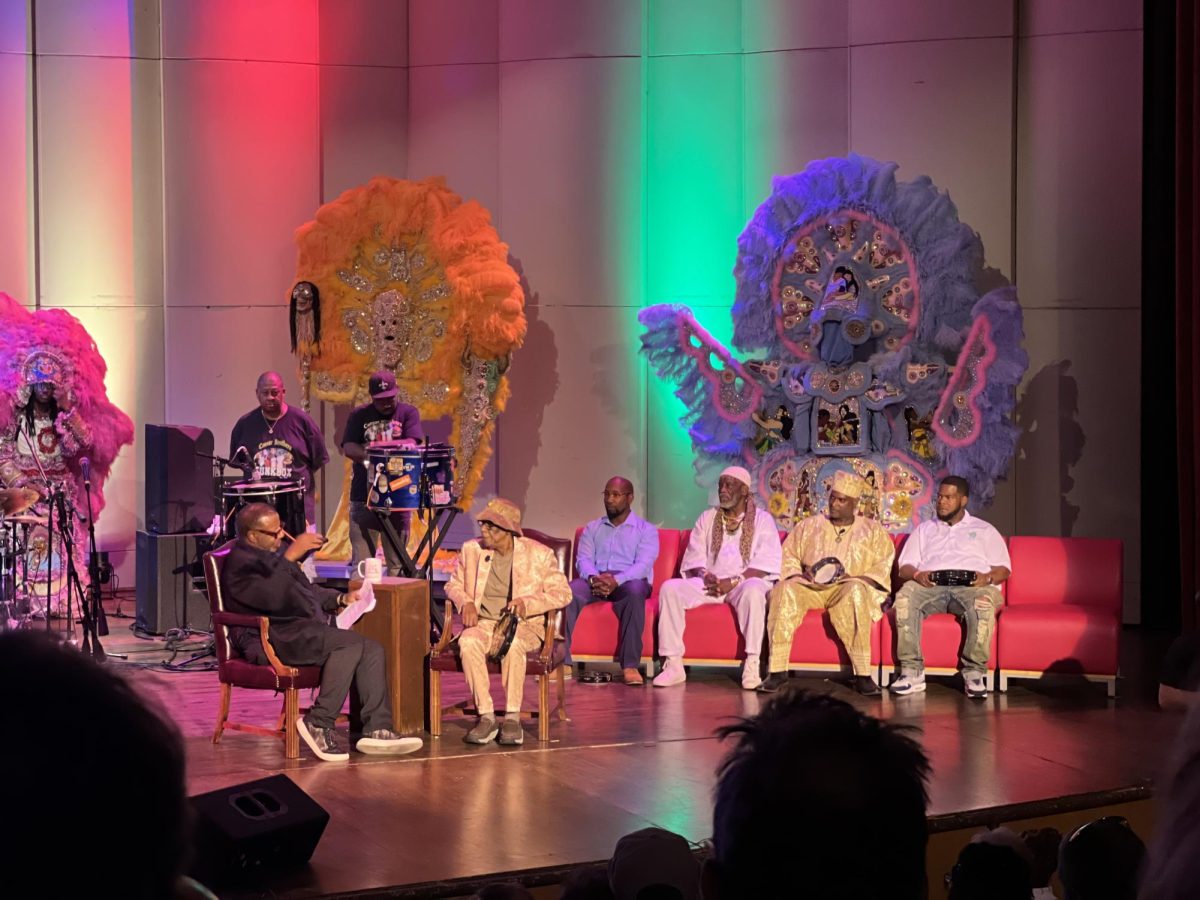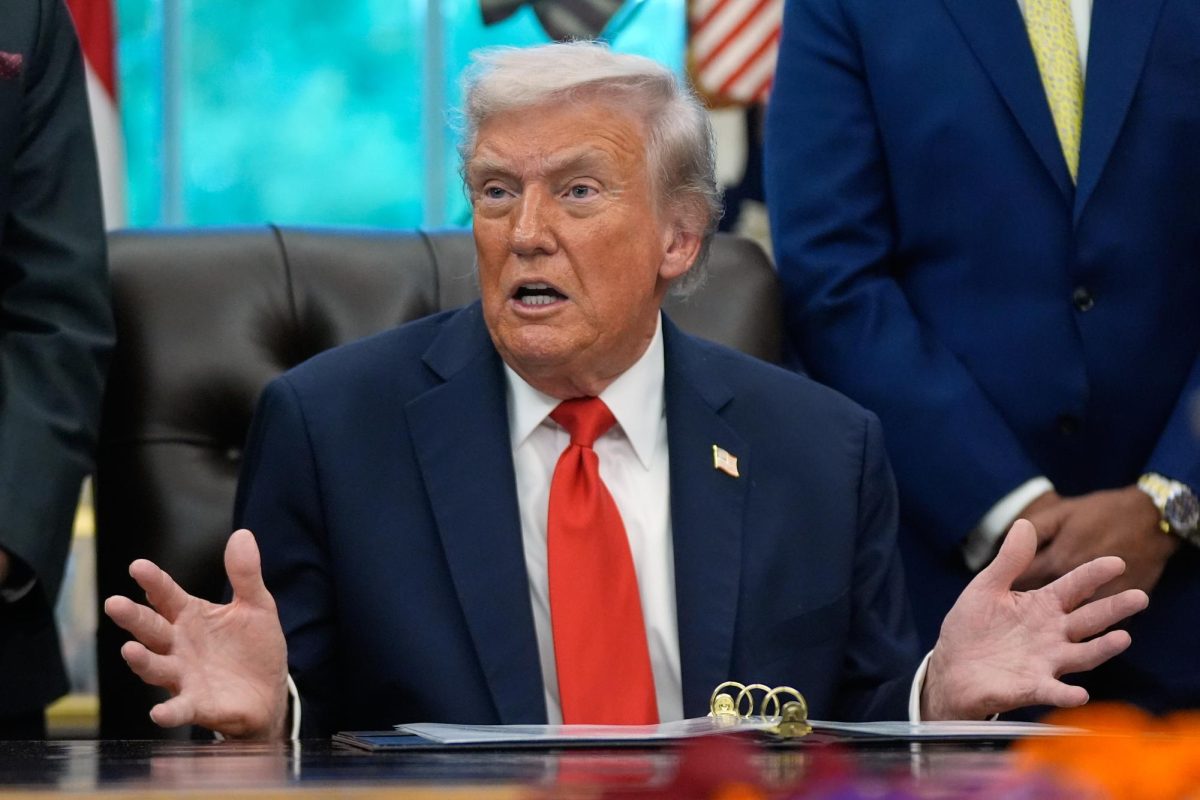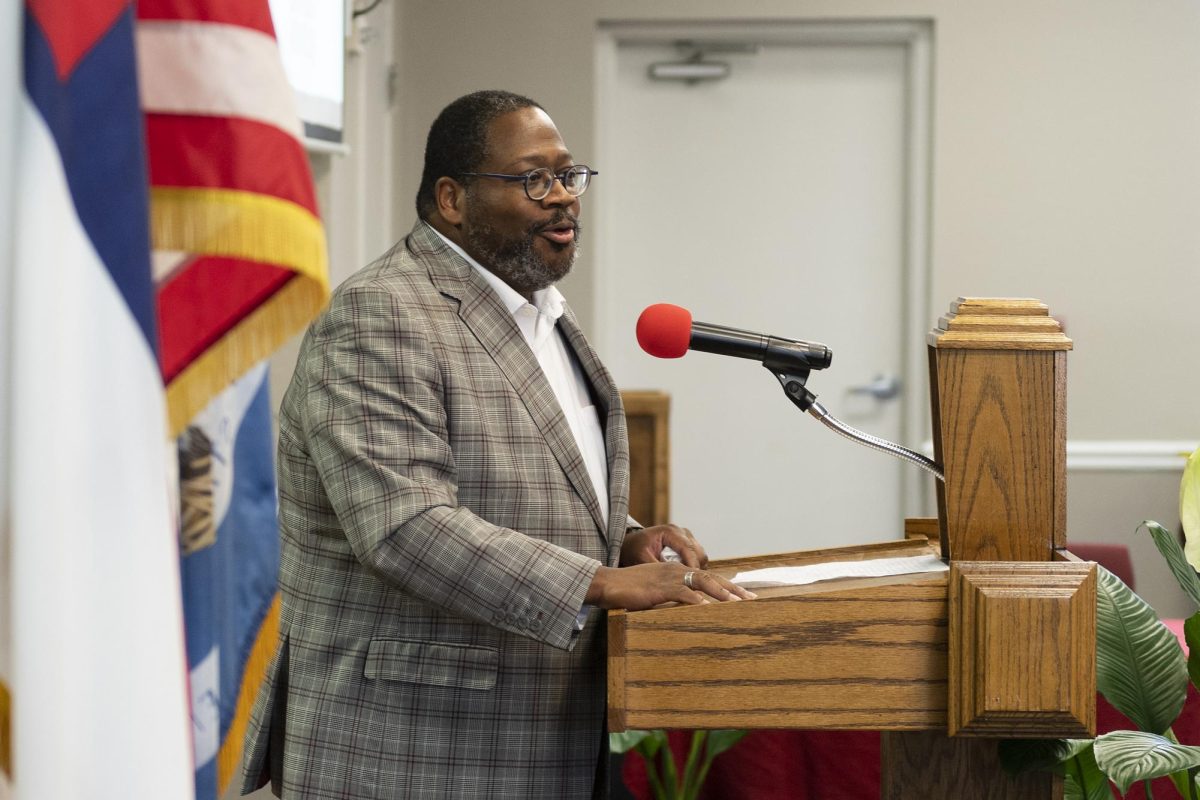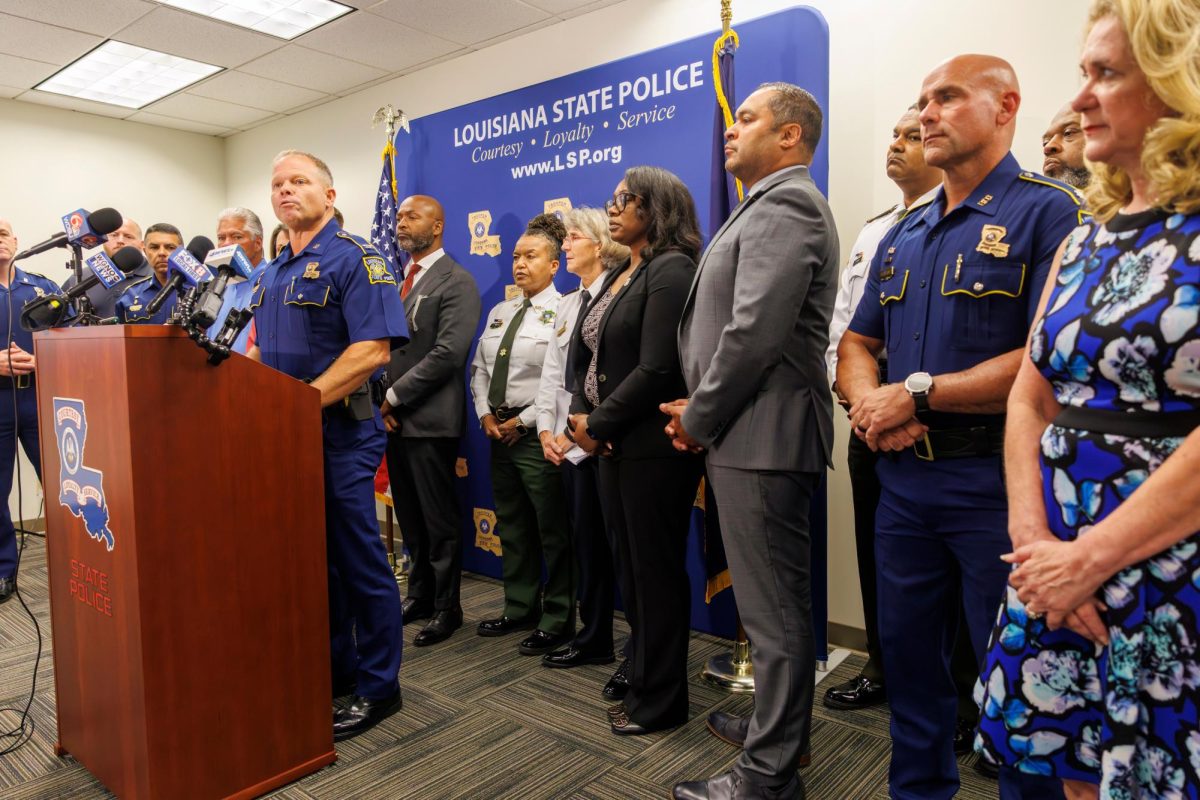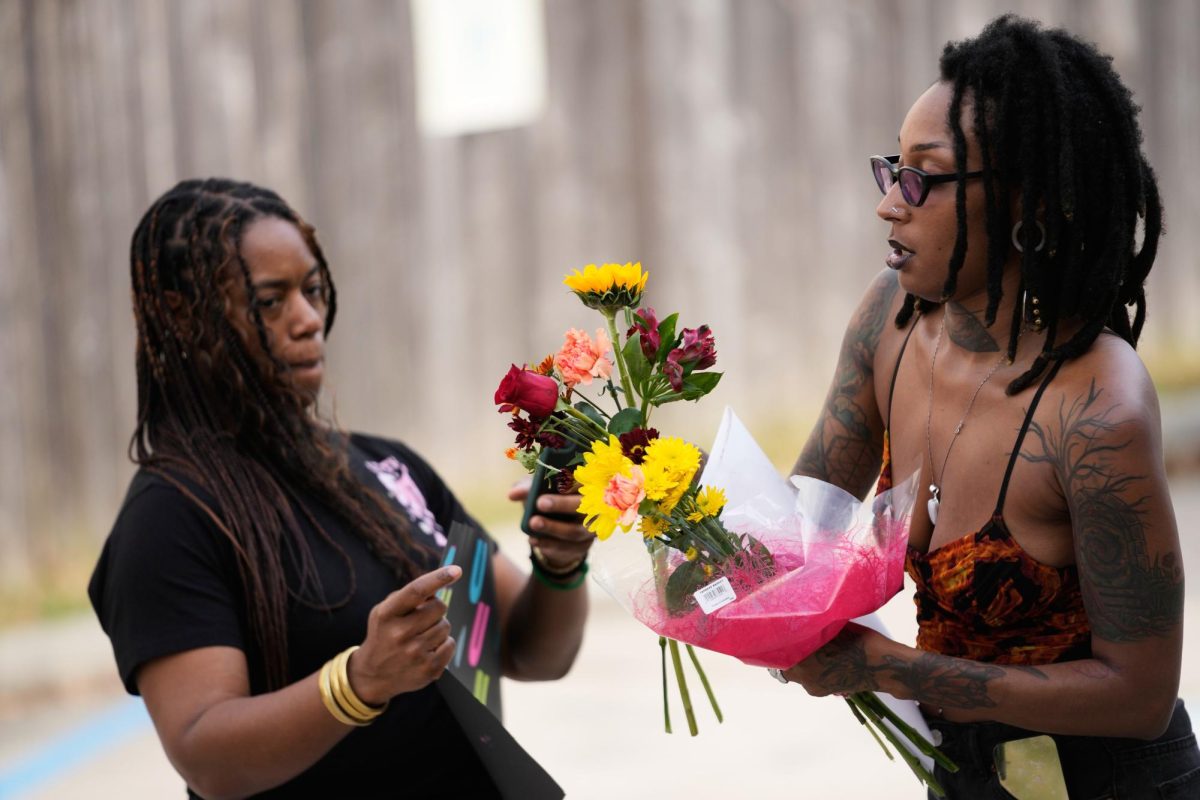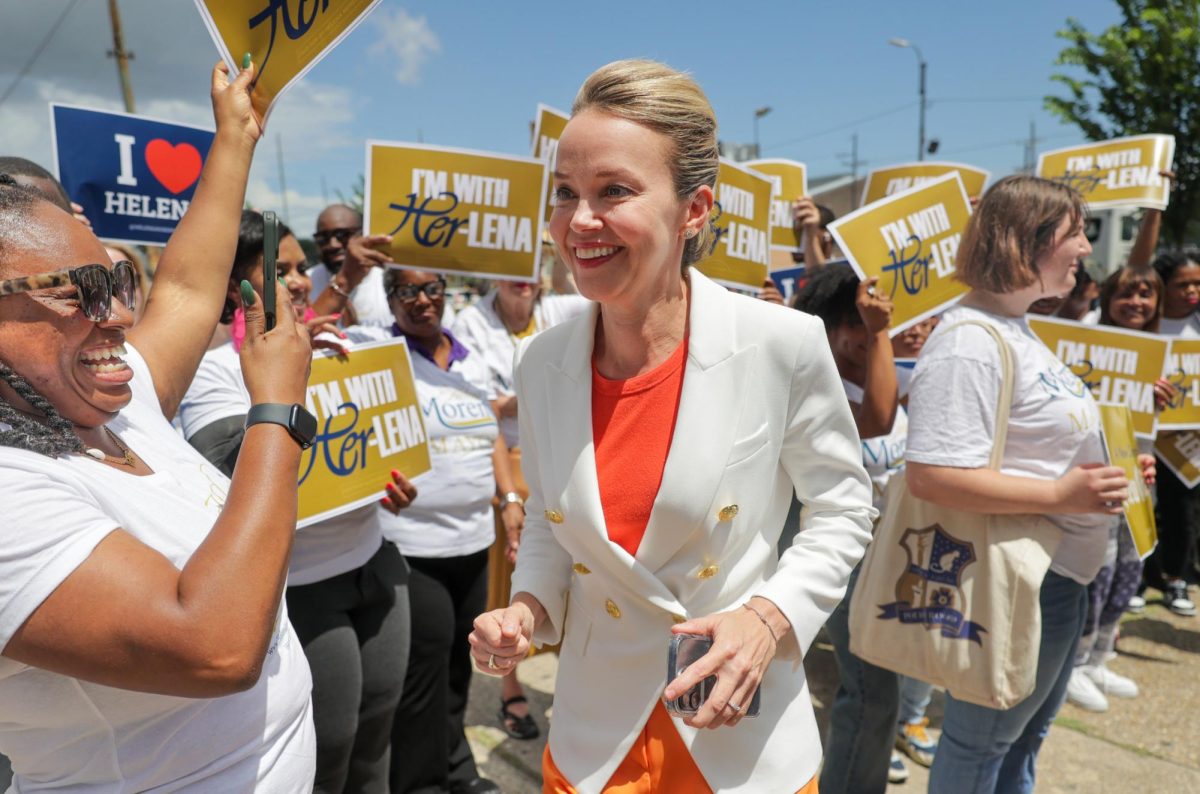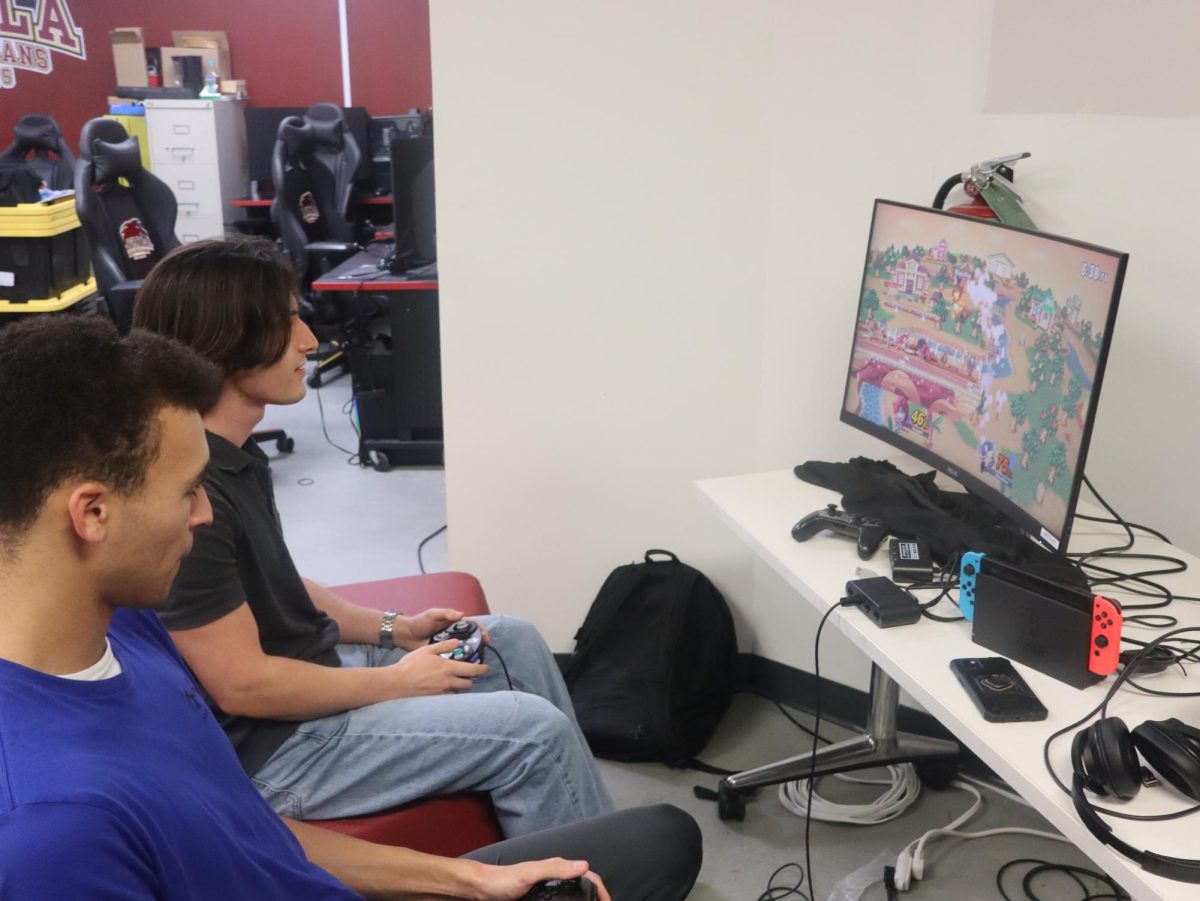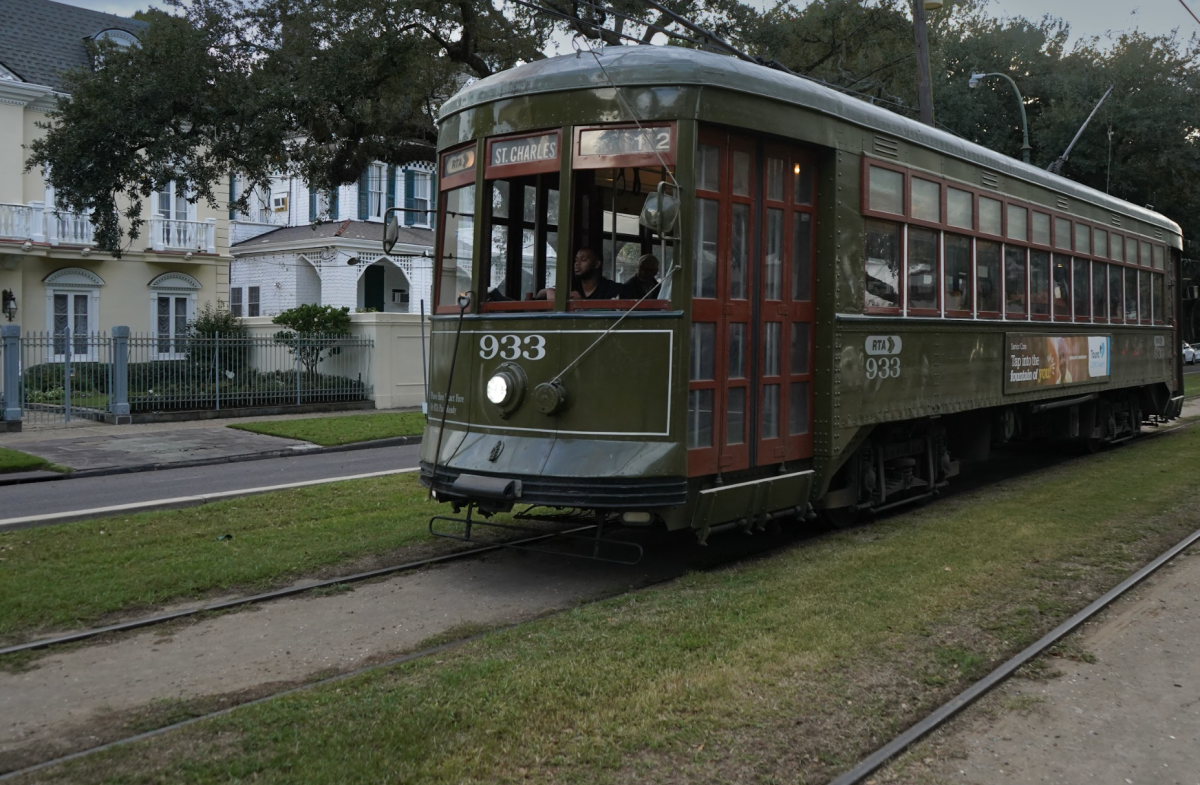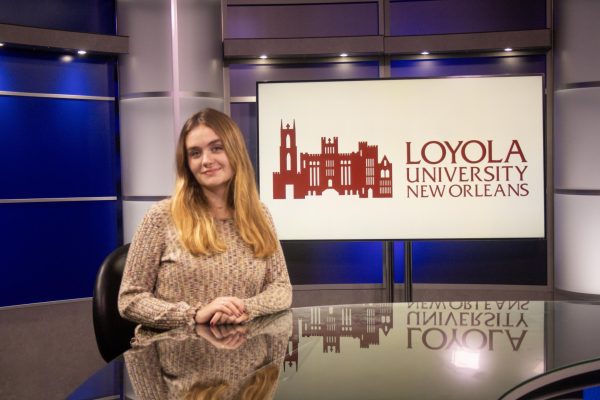While the class of 2024 took their class photo, protesters chanted from the sidewalk: “Xavier Cole, you can’t hide. You’re supporting genocide.” The next month, the protesters marched to Loyola President Xavier Cole’s house.
These series of protests called for administrative transparency and university divestment from corporations with ties to Israel. Since the May encampment, Cole remains a target of criticism. That criticism echoes a complaint some students at his previous institution leveled against him.
Cole was vice president of student affairs at Marquette University before coming to Loyola. Cole was a part of the administrators that filed a disciplinary report against student protesters with the Office of Student Conduct, according to Marquette conduct adviser Julissa Ventura. Marquette’s administration removed multiple students from campus leadership positions for the academic year, including student government and diversity group leaders.
Marquette students protested the administration before their new student convocation in August 2022 to urge administrative support and recognition for students of color, according to the Marquette student newspaper. The university rescheduled the event, according to an administrative statement.
“I remember Dr. Cole just kind of giving us, like a cold shoulder. He didn’t really even interact with us.” Alum protester Nadxely Sanchez said. “[Administrators] weren’t willing to have a conversation with us. We stayed there, and it eventually dominoed to the point where administration decided to cancel convocation.”
Ventura said Cole and Marquette’s administration did not provide support to students during or after the student conduct process, but Cole rejected those claims.
“I would deny that, as from my perspective, of course,” Cole said. “Then at Marquette, I absolutely cared for these students. We absolutely provided support for them, mental health and otherwise, academic and otherwise, support that they needed. That has been a hallmark of my work.”
In both the Marquette case and the current Palestine protests, students said they felt Cole was neglectful and absent. But for his part, Cole said those were unfair characterizations and a misunderstanding of his actions, his role in the university and the appropriate way a president should wield power.
Last October, pro-Palestine and pro-Israel protestors went head-to-head at a Freret Street protest. Cole responded at a university senate meeting in December.
“Our students fancy themselves to be activists. They will find an affinity on the blind or read something, get fired up, and go into the streets and protest.” Cole said at the meeting. “Today’s students will see something and want to jump right in, and that is problematic. We want to equip our students with the best information to be safe and informed.”
Members of SDS popularized this quote through its mention at a protest held in August. Student protestors distributed a pamphlet with this quote highlighted at the new student convocation this year.
According to Cole, he supports the passion of students and their upholding of Jesuit values through activism.
“I’m proud to see how students take up a social justice mantel. That’s part of our tradition. I don’t deny them that in any way, shape, or form,” Cole said.
Since October 2023, several protests have occurred on or near Loyola’s campus. According to Cole, Loyola police attend each demonstration to ensure campus operations are not affected. Otherwise, he said, student protesters have remained unbothered.
“That isn’t evidence of a no protest crackdown president, that is evidence of a president that believes in free speech and did not bother them even after they marched to my personal home. I still didn’t bother. I left my own home. So these things aren’t congruent,” said Cole. “So I don’t accept the moniker that I’m a no protest crackdown.”
Cole said he was not involved in police removal of student protesters from Tulane’s lawn.
“In fact, that campus is Tulane’s campus. What I did is an alert to invite you back. I’ll escort you back to our campus, to safety. [The encampment] was cleared by New Orleans police. In no way did I stop a protest on Tulane’s campus, the encampment.”
Cole said he believes he has shown openness, care, and compassion for the students at Loyola and Marquette.
“Even when I was writing letters to the students who were out in the encampment at Tulane last late spring in April and May, the thrust of the letter was safety, and we offered protection and safety for students to get them out of an unsafe situation,” Cole said.
Loyola junior Juleea Berthelot is the former president of Students for a Democratic Society. Berthelot requested a meeting with Cole in August to discuss conduct violations and protesters’ demands. According to Berthelot, Cole has not met with student protesters.
Emily Lousteau, executive assistant with the Office of Mission and Identity, told Berthelot she would follow up later in the semester when Cole would be available, but Berthelot did not receive another message to schedule.
Students for a Democratic Society organized a march to Cole’s house because they believed he was avoiding the conversation, Berthelot said.
“SDS doesn’t believe in change happening behind closed doors, or in this case in closed meetings. Things should be handled in public forum. What does he have to hide from?” Berthelot said.
After the Oct. 7 attack in 2023, Cole said he offered to meet with students. Cole said he has met with advisors of student protesters a couple of times to find the best way to reach the students and facilitate a conversation.
“With particularly me as feeling of rather personal focus right now, I’d have to really understand, like, what are the ground rules of respect that’s happening that allows for that to happen. Right now, the dialogue is coming from the other end of a bullhorn,” Cole said.
According to Cole, he and Student Government President Diamond Dixon plan to implement open student forums, where students can bring questions, concerns, or any topic directly to Cole and Interim Provost Maria Calzada in a controlled setting.
In a May resolution, the faculty senate requested that the administration resist disciplinary action against students involved in the encampment.
“We ask that the Administration: 1. Recognize that students engaging in off-campus protests are participating in a rich tradition of nonviolent Civil Disobedience and therefore work to ensure that students who have been arrested for their participation in these nonviolent protests are not subject to University disciplinary proceedings and penalties,” the resolution stated.
The vote for the resolution was 15 in favor versus six opposed, and it was passed along to Cole. According to Cole, senate resolutions are recommendations, and he is under no obligation to follow them. While he did review the request, Cole said he prefers to remain uninvolved in the student conduct process.
At Loyola, the students arrested in May faced charges of disorderly disruptive conduct and were put on disciplinary probation. In other words, Berthelot and their fellow protestors could no longer participate in student organizations, hold leadership positions, or study abroad.
Those arrested were also facing misdemeanor criminal charges, which were dropped on Sept. 20 of this year.
“I am not involved in the conduct processes, and there’s a reason for that,” Cole said. “If you have a president who is arbitrary and capricious, it could be a completely unjust process where you could change this one, not change that one… It’s not because I won’t do it. It’s because I shouldn’t do it as a matter of fairness to the entire integrity of the process.”
Cole said the investments of the budget are not under his control but rather under the control of the Board of Trustees. However, Cole said he would be willing to take a list of companies to the board to discuss.
“So the saying does go, ‘Disclose, divest.’ Disclose comes first,” Berthelot said. “I would love to know what we are $250 million endowed to.”
Cole explained that the budget has not been disclosed because it is a sensitive and private matter, as Loyola is a private nonprofit college, rather than out of an attempt to hide something.
“Ideally what we would do is they would disclose, and then we would look, and if they’re not [investing in corporations with ties to Israel], oh, my God, I’ll shut up. I promise. I’ll stop. But if you are, then we ask that, you know, politely that you divest,” Berthelot said.
Berthelot said Cole became the focal point of protests due to the influence he holds as university president.
“We have specific demands right now. If it is about a budget that he doesn’t control, he needs to bring to who does, you know? He can be a conduit,” Berthelot said.
Cole said that as president of a small Catholic university in the South, he lacks the power that students claim he has over the endowment, over the war in Gaza, and over the student code of conduct and its decisions.
“As president of Loyola, I have a position of power, but I also understand how that power is wielded. I govern with a large board. I have lots of help. This is not a dictatorship. I’m not an autocrat. I’m not a king. I’m a higher ed leader that’s responsible for the educational processes and formation of our students,” Cole said. “So if anyone believes that I have outsized power to affect or shift or sway what’s happening in the Middle East, they would just be wrong. But I would like to sit down and help them figure out who does hold levers of power, not here in New Orleans, but in Baton Rouge and in D.C.”



